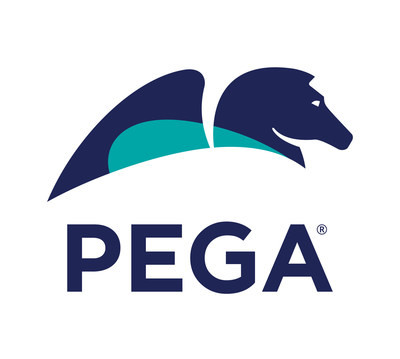Hardware Security Module Market: A Booming Landscape of Secure Data Protection
The Hardware Security Module (HSM) market is witnessing explosive growth, driven by the surging demand for robust cybersecurity solutions across industries. The increasing adoption of cloud-based applications and services coupled with rising concerns over data breaches are fueling the demand for secure data encryption and authentication, which HSMs excel at providing.
HSM Market Dynamics: Key Drivers and Opportunities
The HSM market is fueled by a confluence of factors, including:
- Growing Adoption of Cloud Computing: Cloud adoption has surged, leading to an increased need for securing sensitive data stored in cloud environments. HSMs play a crucial role in protecting data in the cloud by providing robust encryption and authentication capabilities.
- Escalating Cybersecurity Threats: The frequency and sophistication of cyberattacks are continuously rising. HSMs offer a robust layer of security by storing cryptographic keys and performing cryptographic operations securely, making them essential for protecting sensitive information from malicious actors.
- Compliance with Data Protection Regulations: The proliferation of data privacy regulations, such as the General Data Protection Regulation (GDPR) and California Consumer Privacy Act (CCPA), is driving the adoption of HSMs to ensure compliance with these regulations.
These factors have created a favorable environment for HSM market expansion. The market is projected to reach $2.84 billion by 2030, growing at a remarkable CAGR of 10.48% during the forecast period. This growth signifies the increasing importance of HSMs in safeguarding data in the digital age.
HSM Market Segmentation: A Comprehensive View
The HSM market is segmented based on various factors, offering a comprehensive understanding of the market's dynamics:
By Vertical:
The HSM market caters to a wide range of industries, including:
- Consumer Goods & Retail
- Banking, Financial Services, and Insurance
- Aerospace & Defense
- Public Sector/Government
- Energy and Power
- Industrial Manufacturing
- Medical and Life Sciences
- Transportation
- IT and Telecommunications
By Type:
HSMs are available in various form factors to meet different security needs:
- LAN Based/Network Attached
- PCI-Based/Embedded
- USB Based/Portable
- Smart Cards
By Application:
HSMs are deployed across various applications, including:
- Payment Processing
- Code and Document Signing
- Authentication
- Application-level Encryption
- Database Encryption
- PKI and Credential Management
- Security Sockets Layer (SSL) and Transport Security Layer (TSL)
By Development:
HSMs are offered both on-premises and in the cloud:
- On-premises
- Cloud
HSM Market Landscape: Key Players and Strategies
The HSM market is characterized by a competitive landscape with leading players vying for market share. These key players are actively involved in strategic initiatives, such as:
- Technology Development: Continuously innovating to enhance HSM security features and capabilities.
- Mergers and Acquisitions: Expanding their reach and product portfolio through strategic acquisitions.
- Joint Ventures and Strategic Alliances: Collaborating with other players to leverage expertise and expand market presence.
HSM Market: A Promising Future Ahead
The HSM market is poised for continued growth, driven by the evolving security landscape and the increasing adoption of digital technologies. As businesses and individuals become more reliant on digital platforms and cloud services, the demand for secure data protection solutions will continue to rise, solidifying the role of HSMs in safeguarding sensitive information. The future of the HSM market appears bright, promising further innovation and expansion as the industry strives to meet the ever-growing security needs of the digital world.


















